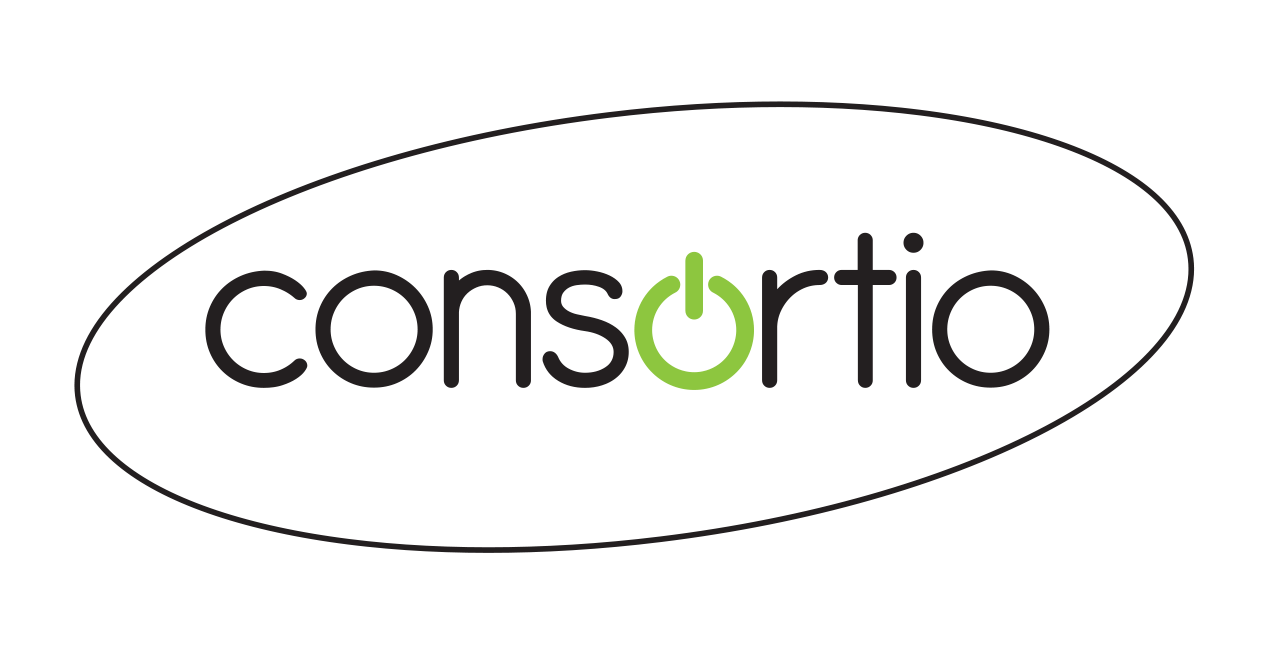|
Employability is one of those words that sounds like a think tank have spent a month inventing it; it sounds like it is for someone else, someone who is in the loop and has got the ‘Employability’ text book and has been studying and working on it for years right? Well let’s just put all of that to one side, forget the word for a few minutes and look at what it really means to you in simple terms that you can relate to your life, your career and your future shall we?
I quite like the Manchester Met University definition which is “Employability is the development of skills, abilities and personal attributes that enhance students’ capability to secure rewarding and satisfying outcomes in their economic, social and community lives” Knight and Yorke came up with a neat definition too; "A set of achievements, understandings and personal attributes that make individuals more likely to gain employment and to be successful in their chosen occupations". And the CBI say it is “A set of attributes, skills and knowledge that all labour market participants should possess to ensure they have the capability of being effective in the workplace – to the benefit of themselves, their employer and the wider economy.” So let’s strip our definition back to who you are, what you know, what you can do and what you have done and how they relate to the job or career you might best achieve using all that stuff. I say job or career because I know that despite the market place insisting that we should all want careers some of you are in the 'work to live' camp and see your working life as a series of short(ish) periods with an employer rather than the ‘career’ partnership with one or two employers that everyone says you should want. Let’s now break those key elements down into the constituent parts and try to understand what each of them means to you and how you can do a little work to understand them better and use them to get what you want. Who You Are: This bit is very much about your personal brand about the things that make you uniquely you and which dictate how the world experiences you. It’s 'what people say about you when you are not in the room'. This bit is not about who you should be like or putting on any kind of an act. It’s about being the best version of you that you can be; both authentic (real) and appropriate (suitable) so that the interviewer get’s to see the real you. Let’s face it if the real you turns up and is interested in the job and shows all of the great qualities that you have as a human being then you are off to a flying start! As a recruiter I know that other recruiters are looking for some essential personality attributes that will make them interested in a candidate; self-awareness, confidence, clear moral and ethical standards, friendly and open etc... let them see what a great person you are by making sure that you remember this bit and don’t get distracted into just talking about the stuff you need to know and be able to do because sometimes who you are can make a massive difference to the recruiters decision making process. I have often weighed up this choice: Candidate One – great person, positive and energised needs skills and knowledge development and academic qualifications not top of the class Candidate Two – didn’t feel I got the know them or their motivation, seems to know the job and is clearly bright and able And you should know that I consistently recruited Candidate One and was proven right to do so! Ask yourself what is my brand; what words do I want to have associated with my personality and behaviours by everyone I meet? Then be those words, walk the talk and allow the world to see how fantastic you are. It can and will open doors for you. What You Know: Of course there are roles where your knowledge will be key in opening doors to job and career opportunities; there is no escaping the fact that some jobs need you to have a background or specific knowledge base. But you can again do yourself a favour here by research, familiarisation and interest in the sector, industry and a very real desire to learn. Also think about parallel or similar knowledge that you have that can be translated easily into specific knowledge. What You Can Do: Might be some things that you have done, can do and can show you have done that are very specific to any job, I’m not talking about those today as I assume that you will be applying for jobs where your level of experience matches the role requirements, that you are being realistic; but there are also lots of other things that you can do that they need to know that you can do, as when they add up they might tip the balance. Communication, customer service, sales, IT, projects, organisation etc all add up to a critical mass of abilities... What You Have Done: This might be anything from the standard list of jobs and job titles and responsibilities that you will find listed in the blog on here about CV’s, standard stuff. But it can also be about you thinking laterally about ‘what you have done’ and coming up with some awesome examples that may not be directed job related but can do the same job of convincing and persuading someone that you have got what it takes. The word competency is a constant in recruitment and employment and the On-line Business Dictionary have a neat definition. They say it is 'a cluster of related abilities, commitments, knowledge and skills that enable a person to act effectively in a job or situation.' So let’s dwell on that for a moment. You've no doubt done lots of things in your life that qualify for one or more of those categories even if you don’t think you have. Do you need an example to get you thinking in the right way? Ok, well at a UK University I was presenting an ‘Employability’ workshop and asked the question of the group, 'what competencies do you have that an employer would be interested in?' I asked one the students sitting at the back of the lecture theatre for his input which he brushed off by saying he had none, I asked further and found out that he was the captain of the University 2nd XV Rugby Union Team. I asked him to come up to the front and work with me for 5 minutes on his competencies to see if we could find any. Five minutes later we had a list of at least 10 management competencies and experience that would make him a very appealing candidate for any graduate recruiter; he was experienced (through his captaincy role) in recruitment (picking the team), budget management (membership fees, match fees, paying for transport, pitches, laundry) conflict resolution (telling lads they were not picked) and logistics (getting the team to games, organising coaches and routes) etc etc....makes you think right? So I guess I am saying that you should value your brand and express it, understand all of your attributes, experiences and competencies and then celebrate them both when putting your CV together and at interview. You may just be the perfect candidate but they will never know unless you show them everything you have to offer and give them a chance to see how awesome you are. Employability is not about a decision that employers make, it is about you and how you acquire, use, explain and demonstrate everything that you have to give to an employer. They will be receptive trust me.
1 Comment
|
Paul GoringAGR MIPR BPS Lvl B+ Archives
November 2018
CategoriesAll Appraisals Career Career Advice Career Coaching Career Decisions Careers Advice Career Support Coaching Communication Confident Interviews CV / Marketing Flier Education Employability Employers Events Grad Careers Internships Interview Performance Interviews. Interview Advice Interview Tips Job Advice Lucid Stories Management Skills Networking One To One Meetings Personal Brand Personal Development Presentations Reflective Learning Returning To Work Staff Development Student Employability Understanding The World Of Work Your Own Career Manager |



 RSS Feed
RSS Feed
